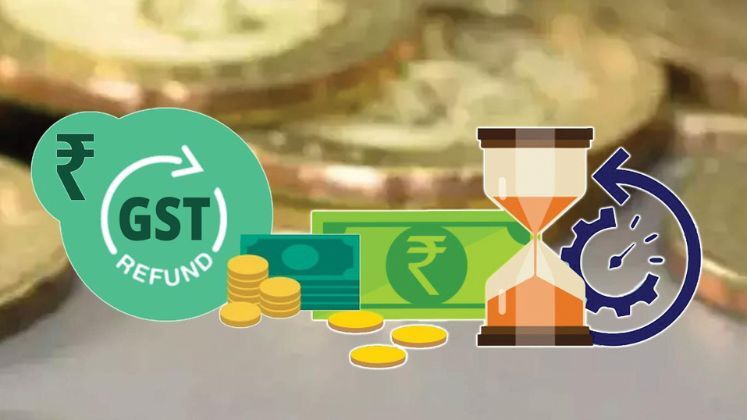
The operationalisation of the Goods and Services Tax (GST) Council’s decision to provide 90% upfront refunds to exporters may be delayed, as the mechanism requires a legal amendment to the existing framework. Officials have indicated that the Centre is examining the option of issuing an ordinance to fast-track the process.
The GST Council had earlier this month approved the provisional release of 90% refunds for exporters, as part of a wider set of reforms that included the move to a two-slab tax structure. However, the current law — specifically Section 54 of the Central GST Act, which governs refunds — does not provide for risk-based provisional refunds. The absence of such a provision has made implementation more complex, particularly for industries facing inverted duty structures, where inputs attract higher taxes than finished goods.
According to officials, the law committee of the GST Council has been tasked with reviewing the required changes and drafting a definition for what constitutes “risky taxpayers”. One official noted that the committee was working on the matter, underscoring that the legal framework would need adjustment before the reform could take effect.
The measure is intended to ease financial pressures on exporters by releasing funds more quickly, thereby unlocking working capital and improving liquidity. The textile sector is one sector that is expected to benefit significantly once the system is in place.
Officials added that the initiative is also designed to address long-standing grievances from businesses operating under the inverted duty regime, where blocked refunds have remained a persistent challenge. By front-loading refunds, the government aims to provide relief to small businesses and exporters, while strengthening the broader trade environment amid tariff pressures from key global markets.






